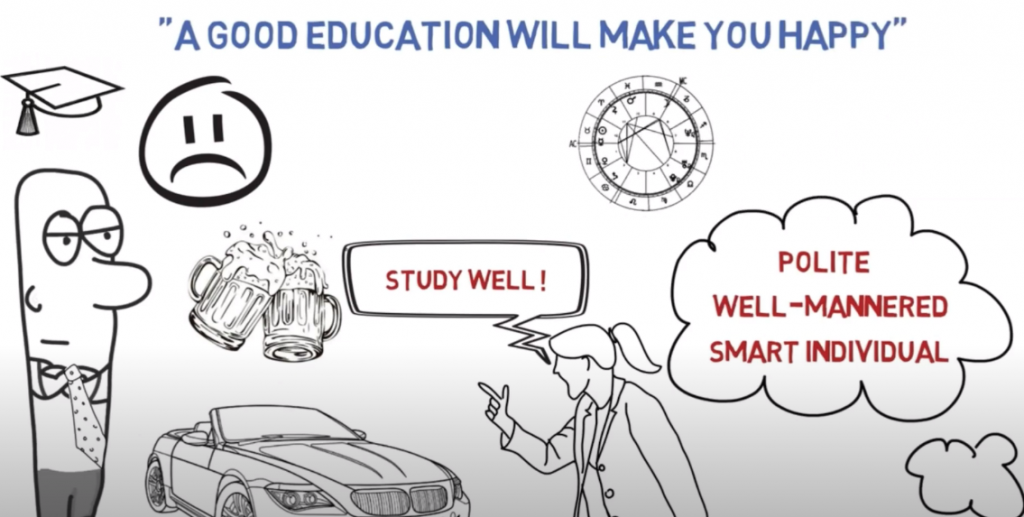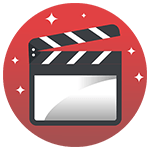Education is Broken: Let’s Redefine Learning
The education system has been around for centuries, yet we still find ourselves asking the same questions. Why are students not engaged in their learning? Why do so many drop out? And why do we continue to measure success by grades alone? It’s time to face it – our current education system is flawed. We need a new approach, one that speaks to the needs and interests of today’s learners. In this blog post, we’ll explore how we can redefine learning and make education more engaging, effective, and meaningful. So buckle up as we embark on a journey towards revolutionizing the way we learn.

The purpose of education is a topic that has been discussed for centuries. Some believe that the purpose of education is to prepare students for the workforce, while others argue that it should be about personal growth and development. However, at its core, education is about providing individuals with the knowledge and skills they need to succeed in life.
Education enables individuals to understand complex concepts and ideas, think critically about issues facing society today, and make informed decisions about their lives. It provides them with a sense of self-worth and empowers them to pursue their passions and goals.

Moreover, education allows individuals to communicate effectively with people from different backgrounds and cultures. It helps foster an understanding of diversity, promoting acceptance and tolerance towards others.
In addition, education creates opportunities for social mobility by opening doors to higher-paying jobs or further educational pursuits such as graduate school or research positions.
The purpose of education goes beyond simply preparing individuals for the workforce; it aims to develop well-rounded citizens who are capable of contributing positively towards society while pursuing their own individual paths in life.

With the flaws of traditional education in mind, it’s clear that a new approach to learning is needed. Redefining learning means shifting from a one-size-fits-all approach to an individualized and personalized experience for each student.
This means taking into account different learning styles, interests, and abilities when designing curriculum and instruction. It also means incorporating technology as a tool for enhancing the learning experience rather than just as a supplement.









